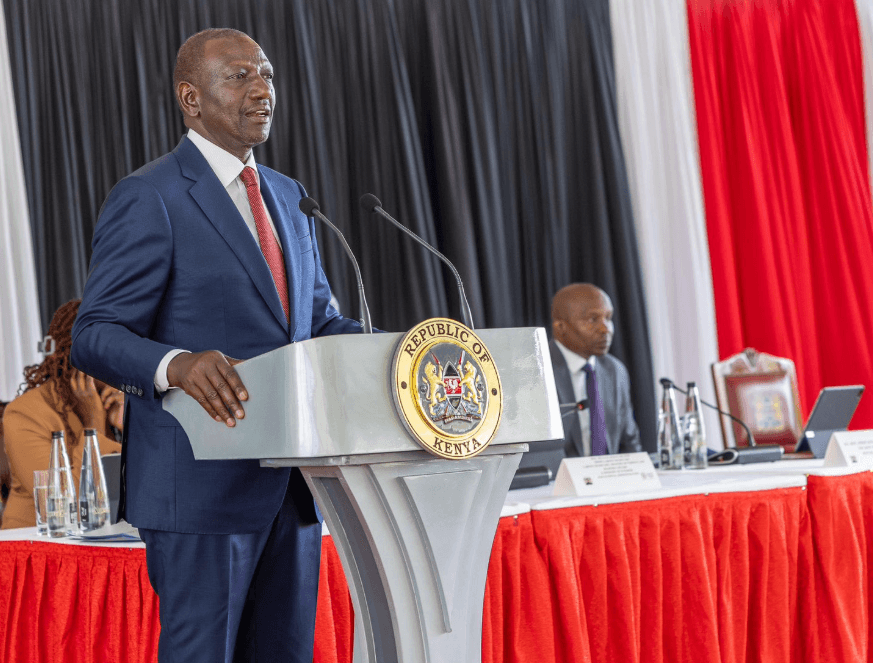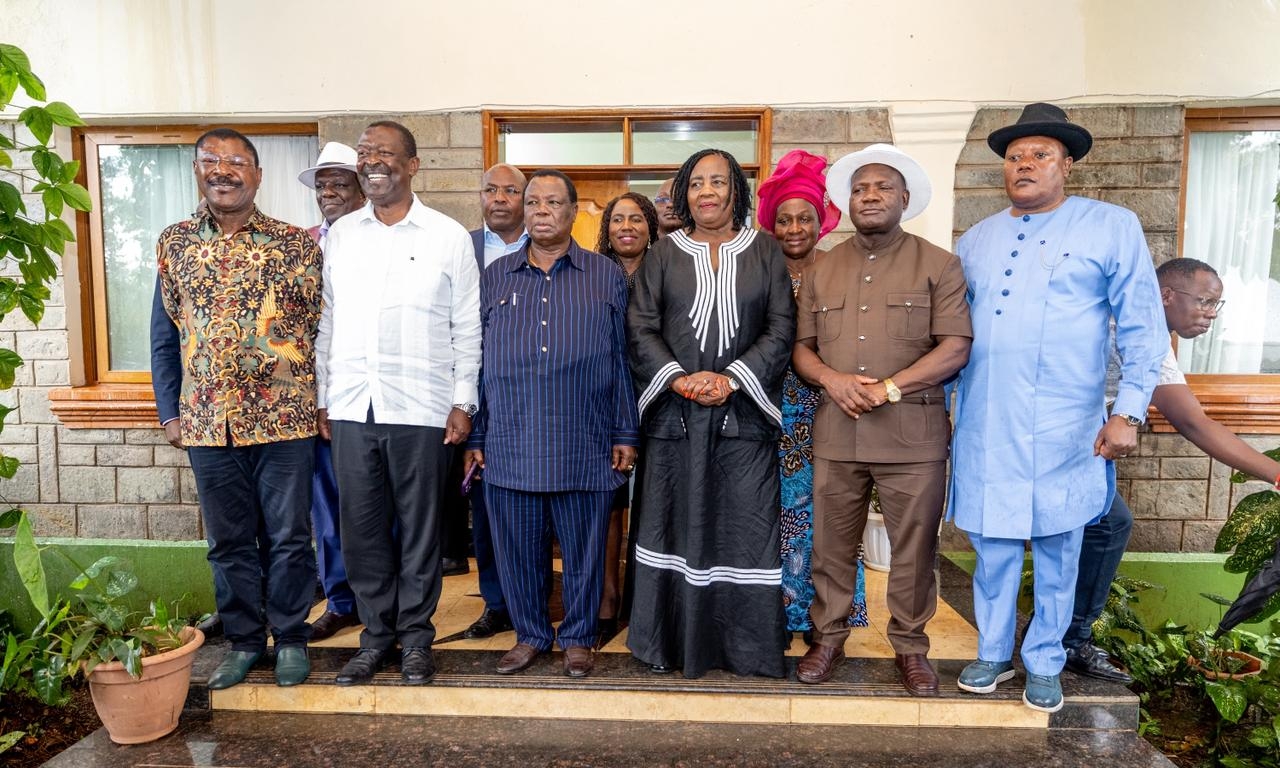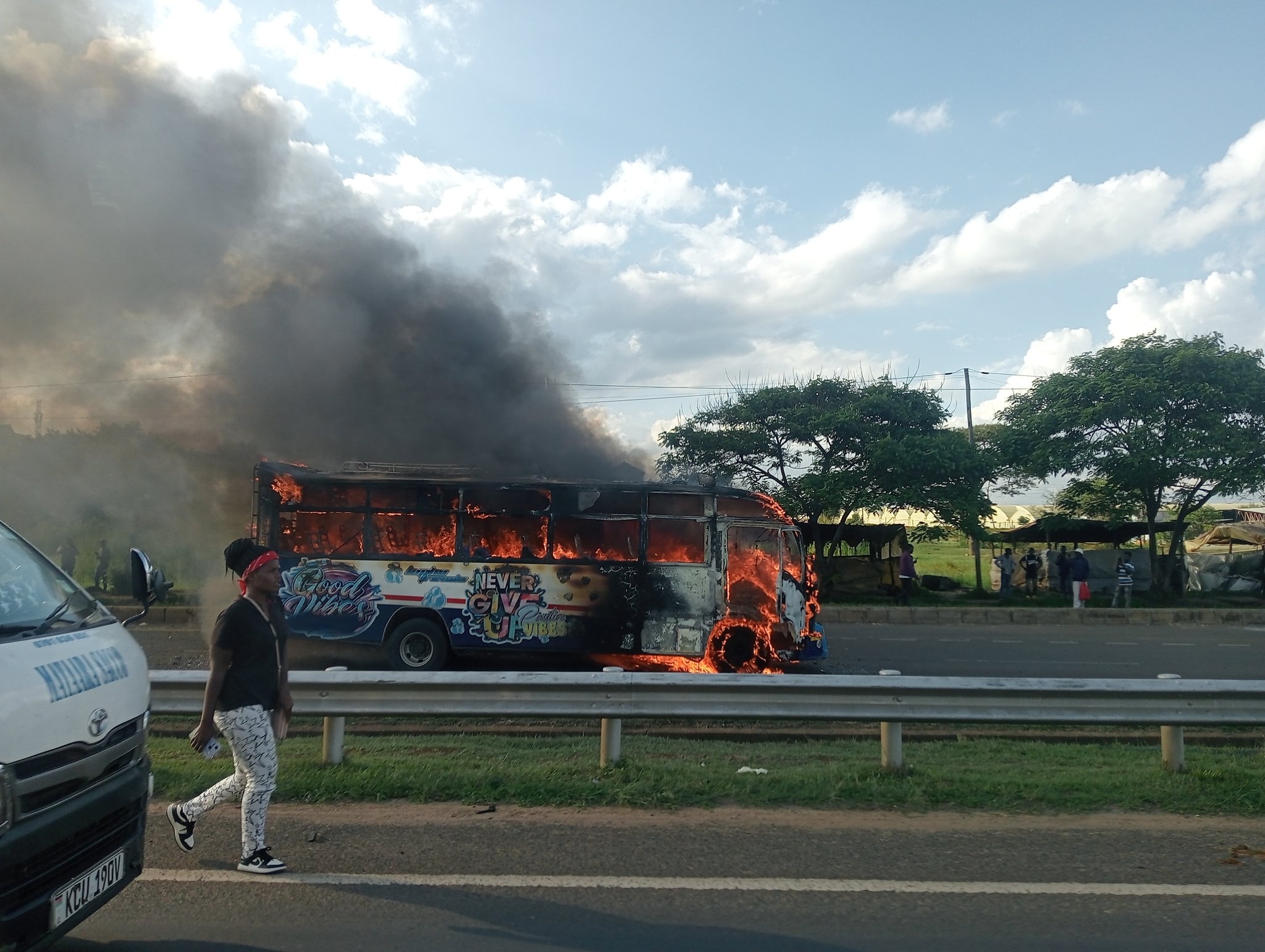

The government has announced that livestock vaccination will be rolled out across the country next week.
Director of Veterinary Services Allan Azegele said that mass vaccination exercise will begin immediately because of the threats caused by diseases.
“The mass vaccination cannot wait any longer,’’ Azegele told the Nation on Tuesday.
The mass vaccination campaign will begin in Laikipia County and will be implemented at the county level.
County Directors of Veterinary Services (CDVSs) will oversee the exercise.
“The CDVSs are the frontline soldiers because they are responsible for disease control at the county level. The success or failure of this exercise lies in their hands,” Azegele said.
According to Azegele, the situation has been exacerbated by the ongoing dry spell, which has forced increased livestock movement in search of pasture.
There is full quarantine in the counties of Kakamega, West Pokot, and Trans Nzoia over the foot and mouth disease.
Provisional quarantine—where there are suspected cases, but awaiting laboratory confirmation–is currently in effect in Nandi.
There are reports of possible outbreaks in the Meru region with the vaccination targeting foot and mouth and Peste Des Petitts (PPR) diseases.
The disease is both a highly contagious and transboundary disease that could lead to the death of millions of cows and goats.
Such massive losses could lock Kenya out of the export markets including oil-rich Gulf States.
“This is a transboundary animal disease that causes significant losses to farmers and interferes with trade both within the country and internationally,” Azegele said of the foot and mouth disease.
The planned mass vaccination has been a subject of controversy with a section of politicians alleging a sinister motive.
However, President William Ruto has told Kenyans that the vaccination is a voluntary campaign aimed at boosting the quality of animal products.
Ruto has told Kenyans that the vaccination campaign, which targets 22 million cattle and 50 million goats, is purely about controlling the spread of diseases.
On Tuesday, Azegele said the severity of the threat posed by the foot and mouth disease is worse in Nandi.
Some 12 livestock markets across four subcounties have been closed in Nandi.
There are similar restrictions in other affected areas.
“The Nandi (and the three counties) quarantine is provisional.
We received the information last month and we are in close collaboration on the
interventions we undertake. A quarantine lasts for as long as necessary until
we confirm the absence of the disease, and so far, none of those affected
counties have reported the absence of FMD,” Azegele said.
According to Azegele, the country risks losing up to Sh64.4 billion (USD500 million) in both domestic and international trade opportunities if the disease isn’t effectively controlled.
“When an outbreak is reported, the impact is more severe on dairy farmers as they cannot sell their milk during outbreaks. Beef producers also cannot access markets when a quarantine is enforced. There is also no movement of livestock and livestock products because if you get them out of the quarantine area, what happens is that you are spreading the disease. This is similar to what we saw when we had the COVID situation,” he said.
Foot and Mouth Disease is one of the most economically devastating livestock diseases in Kenya, spreading fast from animal to animal.
The virus affects cattle, sheep, goats, and pigs, causing fever, and blisters in the mouth and on feet, leading to severe productivity losses. While rarely fatal in adult animals, the disease can cause high mortality in young livestock and lead to significant drops in milk production.
Kenya’s ability to compete in international markets has been significantly hampered by FMD.
“We have access to the UAE market, we have access to the EU market, and we are working on accessing the USA market,” Azegele noted.
Azegele noted that Kenyan products currently sell at Sh1,163 (USD9) per kilogramme on international shelves, compared to Sh1,551 (USD12) from competitors, representing a substantial loss in potential revenue.
“When we are at the table seeking these agreements, and we
want to get our livestock products to these markets, we are told you have FMD.
So we have to vaccinate if we want to get into these markets.”














